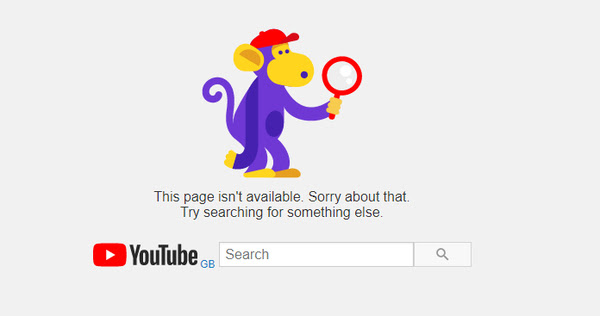|
Getting your Trinity Audio player ready...
|
YouTube’s plans for podcasting
Podnews, podcasting’s leading daily news source, has been sent an 84-page presentation produced by YouTube. The deck, intended for podcast publishers, features a ‘Looking Ahead’ section that suggests YouTube is planning ‘tighter integration, monetisation and analytics’ for podcasts.
Three slides in particular provide a glimpse into what YouTube is planning, crucially integrating podcast RSS feeds directly, supported by a new podcasts homepage (youtube.com/podcasts) that as I write delivers a cute little 404 monkey.

The other features rumoured to be arriving on the platform include audio ads, probably with YouTube’s standard revenue share. YouTube will also supply analytics, particularly “new metrics for audio-first creators”.
FT editor Roula Khalaf on war stories, sleepless nights and keeping her journalists safe
Press Gazette carries an interview with Financial Times editor Roula Khalaf. Growing up in The Lebanon and reporting on the Arab Spring she is ‘unfazed’ by the dangers she’s faced in her own career. That doesn’t mean she doesn’t worry about sending journalists into warzones. “When you’re doing it, you’re responsible for yourself. As an editor, I am responsible for the journalists,” she said.
Vogue, Bon Appétit and other Condé Nast staffers form union
Manhattan-based glossies and trade unions don’t sit easily together in the imagination. But increasing workloads and a lack of wage parity have prompted more than 350 Conde Nast employees to sign a letter requesting recognition of their union. The union would cover more than 500 staff across 11 publications.
Journalists are increasingly partnering with outside organizations
A new report offers a glimpse into how journalist’s collaborations with external partners are going. It found cross-field collaboration with NGOs can solve some specific problems around resources, skills and distribution, with US organisations playing a dominant role. One issue identified was that the organisations involved often have different impact measures and different levels of priority in terms of tracking outcomes.
This content originally appeared in The Media Roundup, a daily newsletter from Media Voices. Subscribe here:



